## Never Forget: March 10, 2025 – Trump’s Shadow Still Looms The air crackled with tension. The year was 2025. Donald Trump, defying all odds, had once again ascended to the Oval Office. But this time, the nation held its breath, not with the exhilaration of his first election, but with a chilling premonition of what lay ahead. CNN, under the watchful eyes of a nation on edge, captured a day that would forever be etched in the annals of American history. Join us as we delve into the archives and revisit March 10, 2025, a day that revealed the true weight of Trump’s second term.
International Responses to Trump Presidency News

Global markets reacted with caution and concern following the remarks made by President Donald Trump regarding tariffs and the possibility of a recession. International trade partners, including the European Union, Canada, and Mexico, expressed deep dismay over the uncertainty in US trade policy, which has the potential to destabilize global supply chains and affect international trade agreements. Economic analysts and policymakers around the world are closely monitoring the situation, as the US economy remains a significant driver of global economic growth.

European Union’s Stance
The European Union (EU) condemned the unilateral tariff actions, stating that such measures could escalate trade tensions and undermine the foundation of the global trading system. EU officials, through a statement, emphasized the need for dialogue and cooperation to address trade imbalances and disputes, rather than resorting to tariffs that could harm mutual economic interests.
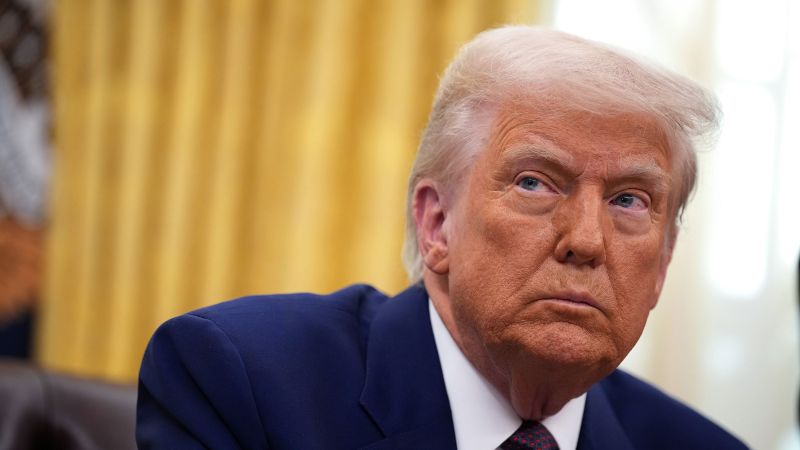
Canada and Mexico’s Reactions
Canadian Prime Minister Justin Trudeau and Mexican President Claudia Sheinbaum have taken to the international stage to express their frustrations and concerns over the fluctuating American tariffs. Both leaders warned of retaliatory measures and emphasized the need for stable and predictable trade policies to protect their economies. There is a growing concern that these actions could undermine the recent USMCA (United States-Mexico-Canada Agreement) and lead to broader economic instability.
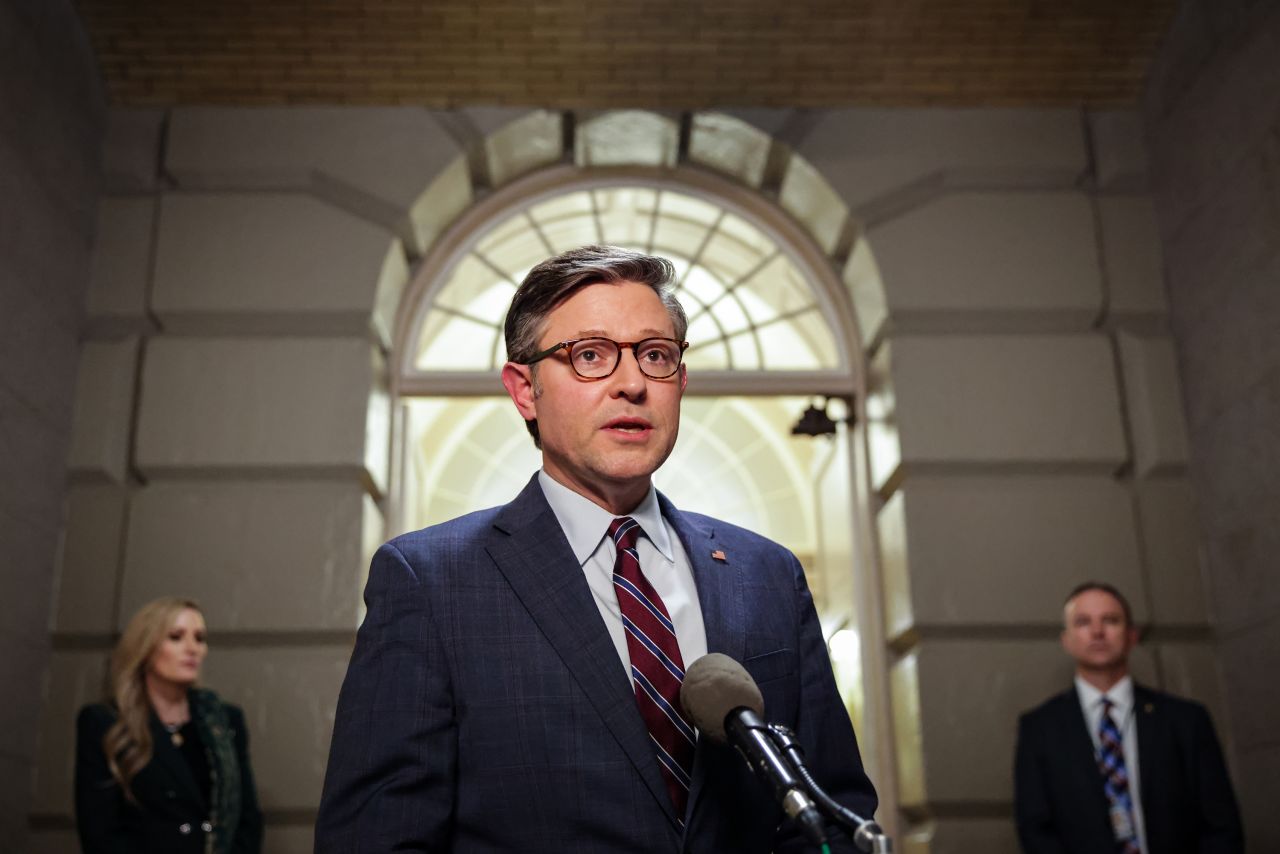
Economic Analysts’ Views
Economic analysts from the International Monetary Fund (IMF) and the World Bank have issued statements highlighting the potential negative impact of the proposed tariffs on global economic growth. They caution that such actions could lead to a slowdown in global trade and investment, potentially triggering a global recession. The uncertainty in trade policies has also led to increased volatility in global markets, with many investors adopting a wait-and-see approach.
Tech Stocks: The Biggest Losers
Tech Sector Performance
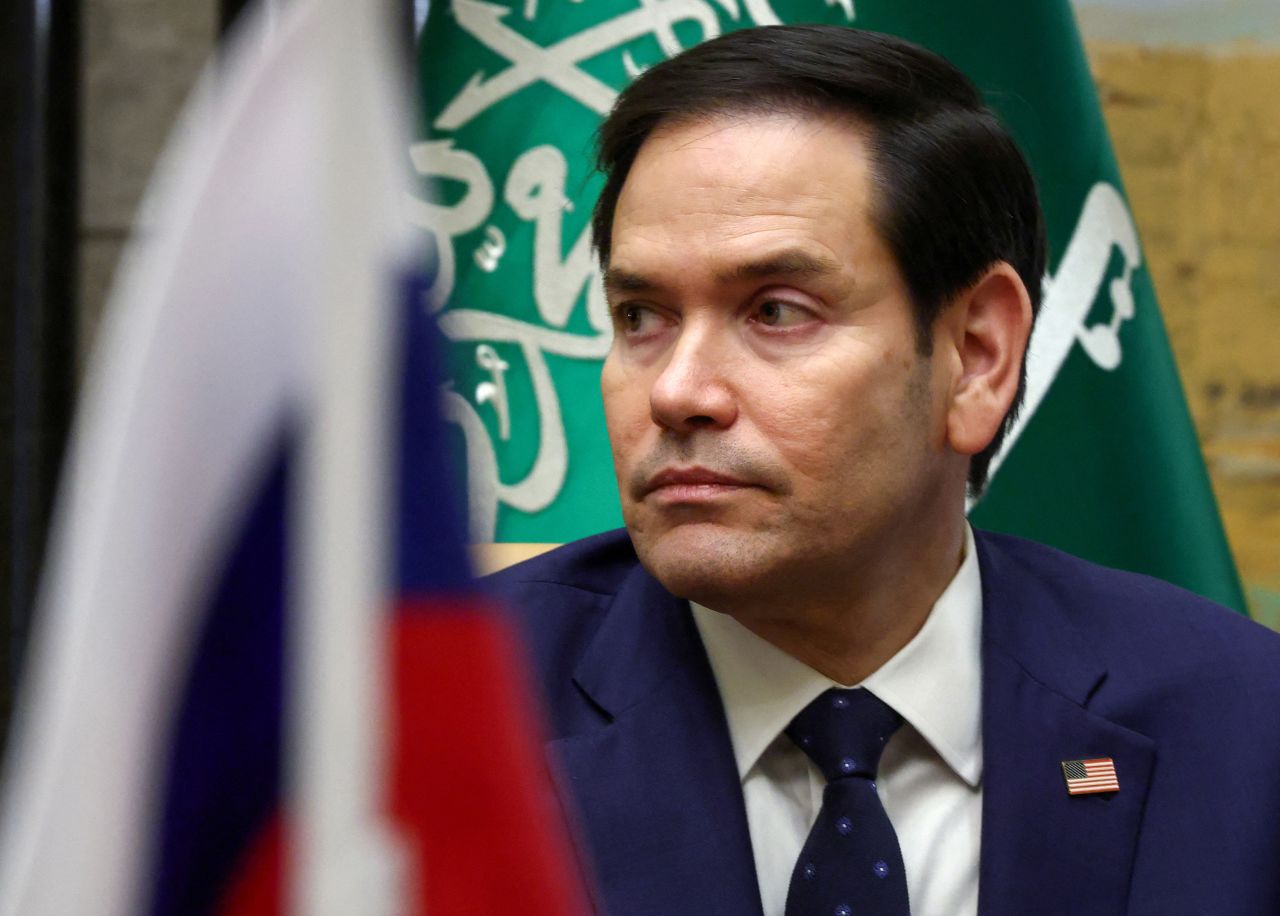
The tech sector faced severe declines, with the technology-heavy Nasdaq Composite Index experiencing a significant drop of 4%, marking its worst single-day decline since September 2022. The “Magnificent Seven” tech giants—Alphabet (GOOG), Amazon (AMZN), Apple (AAPL), Meta (META), formerly known as Facebook), Microsoft (MSFT), Nvidia (NVDA), and Tesla (TSLA)—all saw their shares fall, contributing to the broader market’s downturn. The fear of potential tariffs and unpredictable economic policies introduced by the Trump administration has added significant volatility to the market.
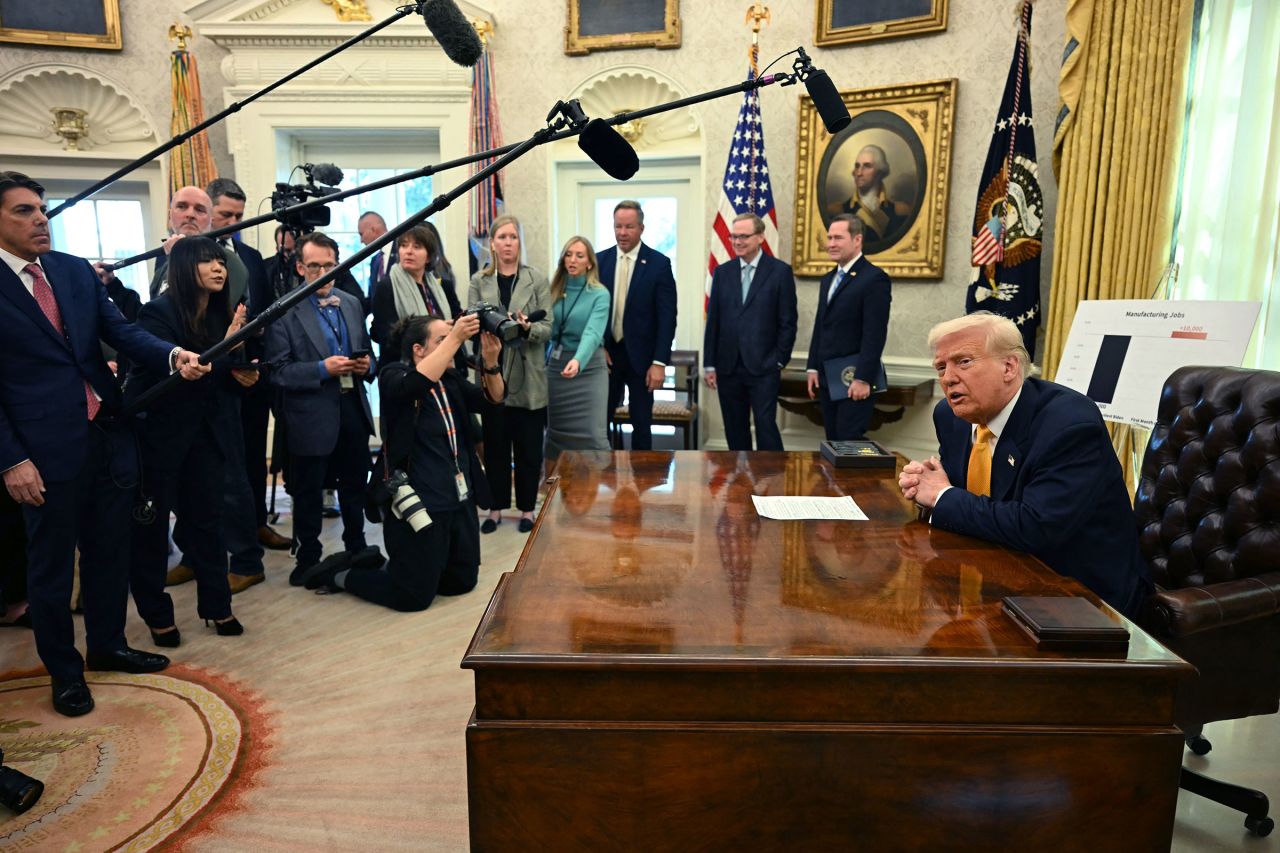
Company-specific Focus
Tesla’s Post-Election Gains Erased: Tesla, a prominent player in the tech and automotive sectors, saw its stock price drop by 15.4%, erasing nearly 45% of its value since the US presidential election in November. The decline follows a period of strong gains post-election but has been significantly impacted by recent events and the ongoing scrutiny of CEO Elon Musk’s role in the Trump administration. Tesla’s struggles also reflect broader market fears over the overall economic outlook and the potential impact of stricter tariffs on supply chains and global trade.
Nvidia and Palantir’s Performance: Nvidia, a leading semiconductor company, saw its stock price plummet by 5%, while Palantir Technologies, a prominent data analytics firm, witnessed a 10% drop. These declines underscore the broader impact of the market’s pessimistic outlook on the tech sector and highlight the sector’s vulnerability to policy changes and economic uncertainty. Analysts suggest that these companies, heavily dependent on global supply chains and international collaborations, are particularly susceptible to the proposed tariffs and trade policies.
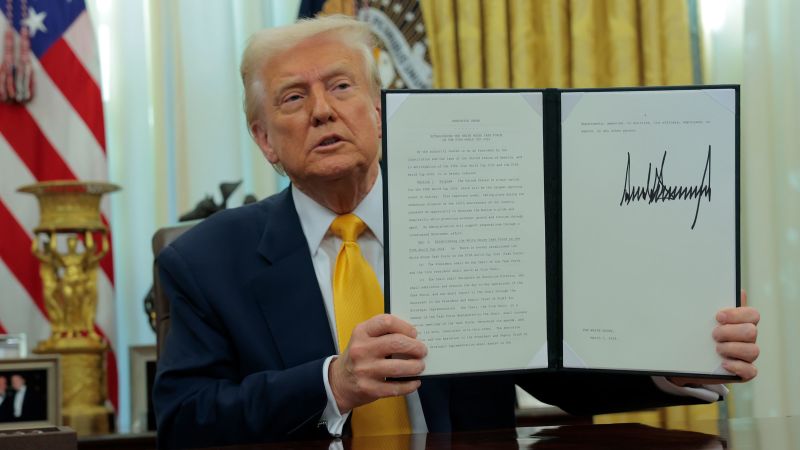
Investor Implications
The current market environment presents significant challenges for investors, with many now facing the reality of a correction in the tech sector. Investors are re-evaluating their strategies, with many considering a shift towards more defensive positions. The volatility and uncertainty have triggered a move towards safer assets and away from high-growth tech stocks, which have been a major driver of market returns in recent years. Financial experts recommend that investors consider diversifying their portfolios to mitigate risk and potentially capitalize on opportunities in other sectors that may be less affected by the current economic policy shifts.
Market strategists and investment advisors are also advising investors to remain vigilant and attentive to upcoming economic data and policy announcements. The path forward remains uncertain, and the market is poised for further volatility as investors digest potential future policy changes and their impacts on the broader economy and individual companies.
USAID Cuts: A Foreign Policy Shift
Agency Restructuring
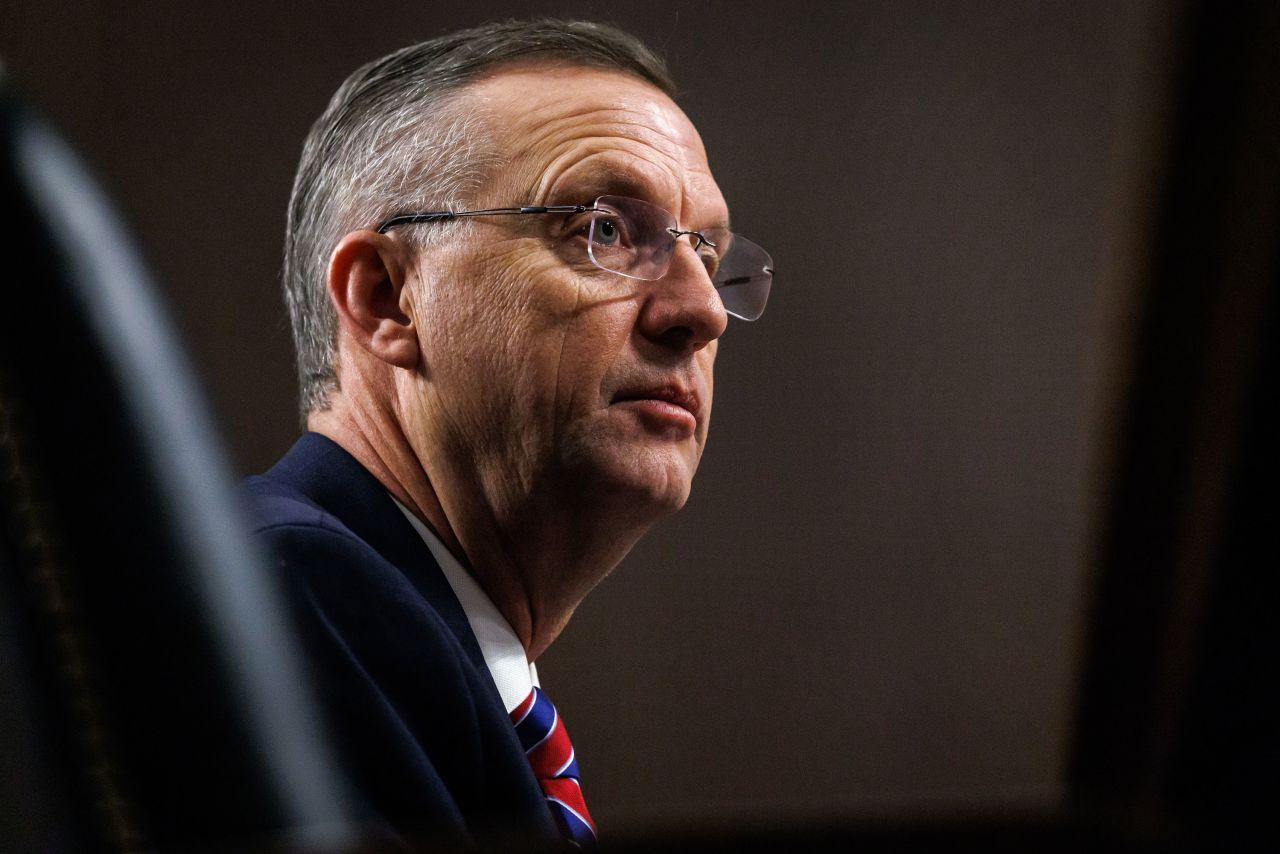
The US Agency for International Development (USAID) announced a drastic restructuring, with a decision to cancel 83% of its programs and integrate the remaining initiatives into the State Department. This move has sparked significant debate over the long-term implications for both the agency and the global humanitarian and development landscape. According to Secretary of State Marco Rubio, the changes are aimed at optimizing resources and aligning with core national interests, a move that some critics argue could lead to a significant reduction in the effectiveness of US foreign aid.
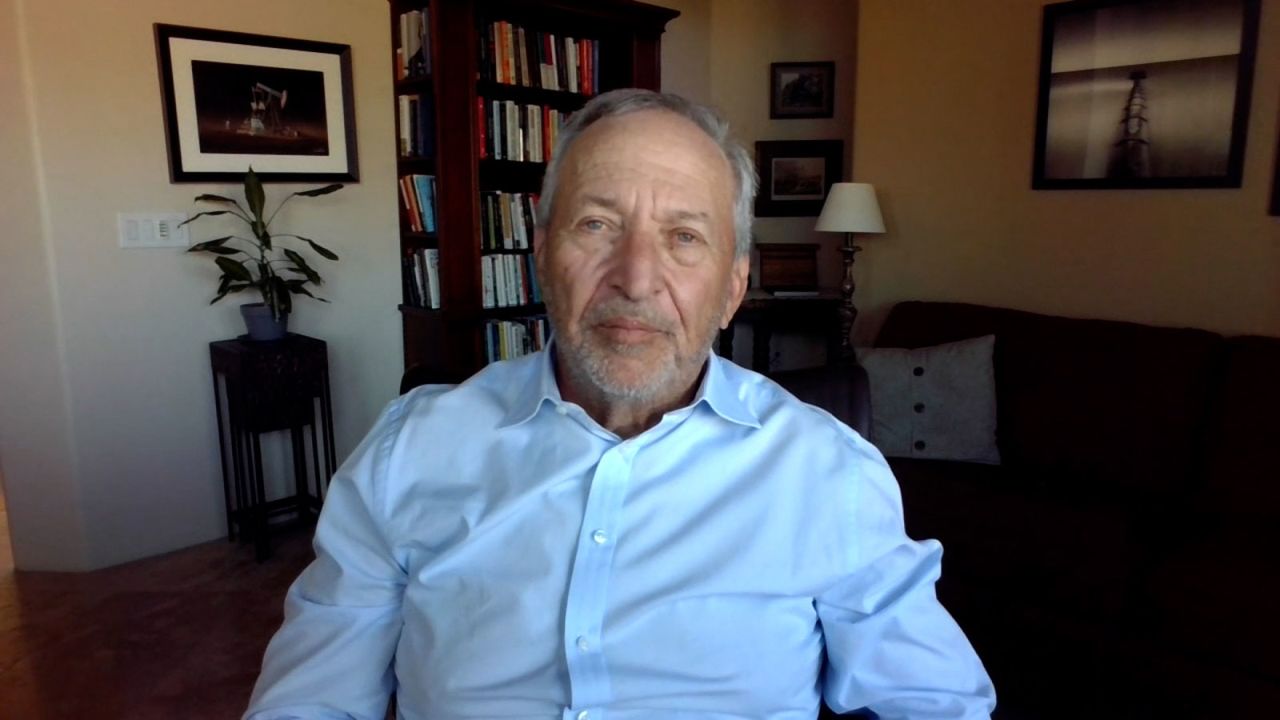
Impact on Global Aid
The USAID restructuring has raised serious concerns about the potential harm to millions of people around the world who rely on US aid for critical development and humanitarian assistance. The canceled programs include crucial initiatives aimed at addressing global health crises, poverty alleviation, and disaster relief. The ripple effect of these cuts could severely impact the ability of aid organizations to continue their work, potentially leading to a rise in poverty, malnutrition, and the spread of diseases in regions already struggling with these issues.
Moreover, the restructuring could undermine the United States’ global reputation and influence, particularly in areas where the US has traditionally played a significant role in development assistance. The decision to cut aid could also strain diplomatic relationships, as other countries may perceive these actions as a move away from fostering international cooperation and collective global growth.
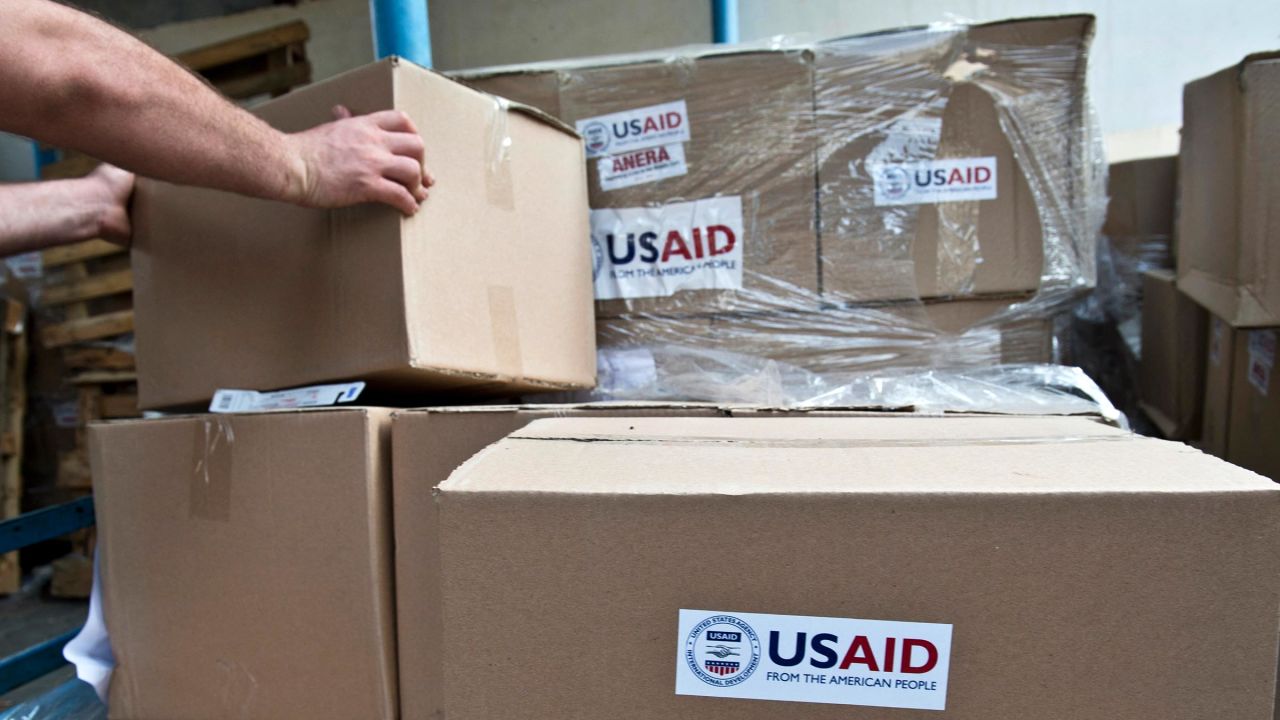
Employee Perspectives
Former USAID employees, including Linden Yee and Benjamin Thompson, have provided critical insights into the restructuring process, highlighting the hasty and often intimidating manner in which the changes were implemented. Yee stated that her contract was terminated with only five minutes’ notice, leaving her unable to fulfill ongoing commitments to both partners and programs, leaving projects unfinished and personnel in a state of uncertainty. Thompson echoed similar sentiments, noting the abrupt nature of the layoffs, which included the presence of security personnel within the office premises, adding a layer of intimidation to the termination process.
Both Yee and Thompson questioned the rationale behind Secretary Rubio’s claims that the cuts were necessary to protect US national interests. They argue that the administration’s approach to restructuring the agency was haphazard and lacked transparency, leading to a feeling of instability among USAID employees. The rapid and often abrupt nature of the cuts has raised concerns about the future of USAID’s operations and the broader implications for US foreign policy and humanitarian efforts.
Conclusion
Conclusion: A Turning Point in American Politics
The recent news from CNN on March 10, 2025, regarding Donald Trump’s potential presidency has sent shockwaves throughout the nation. At the heart of the article lies the unpredictable nature of Trump’s re-emergence in politics, with many questioning the implications of his return to the spotlight. According to the report, Trump’s candidacy has sparked intense debate, with some hailing him as a potential game-changer and others vehemently opposing his re-entry into the political arena. The article highlights the key points, including Trump’s unpredictable nature, his unorthodox approach to politics, and the potential consequences of his candidacy on the nation’s future.
The significance of this development cannot be overstated. A Trump presidency would have far-reaching implications for the country, from the economy to social policies, and would undoubtedly reshape the nation’s rhetoric and discourse. As the article aptly puts it, “the stage is set for a battle for the future of America, with the fate of the nation hanging precariously in the balance.” The implications of this event are multifaceted and complex, and will undoubtedly reverberate across the globe.
As we look to the future, one thing is certain: the return of Donald Trump to the political arena has sent a stark warning that the next four years will be a defining moment in American history. The question now hangs in the air, will the nation be able to navigate the treacherous waters of Trump’s presidency, or will his unorthodox approach to politics spell disaster for the nation? As the wheels of politics continue to turn, one thing is certain – the future of America will be shaped by the unpredictable and turbulent waters of Trump’s re-emergence. The clock is ticking, and the nation holds its breath, waiting to see what the future holds.
